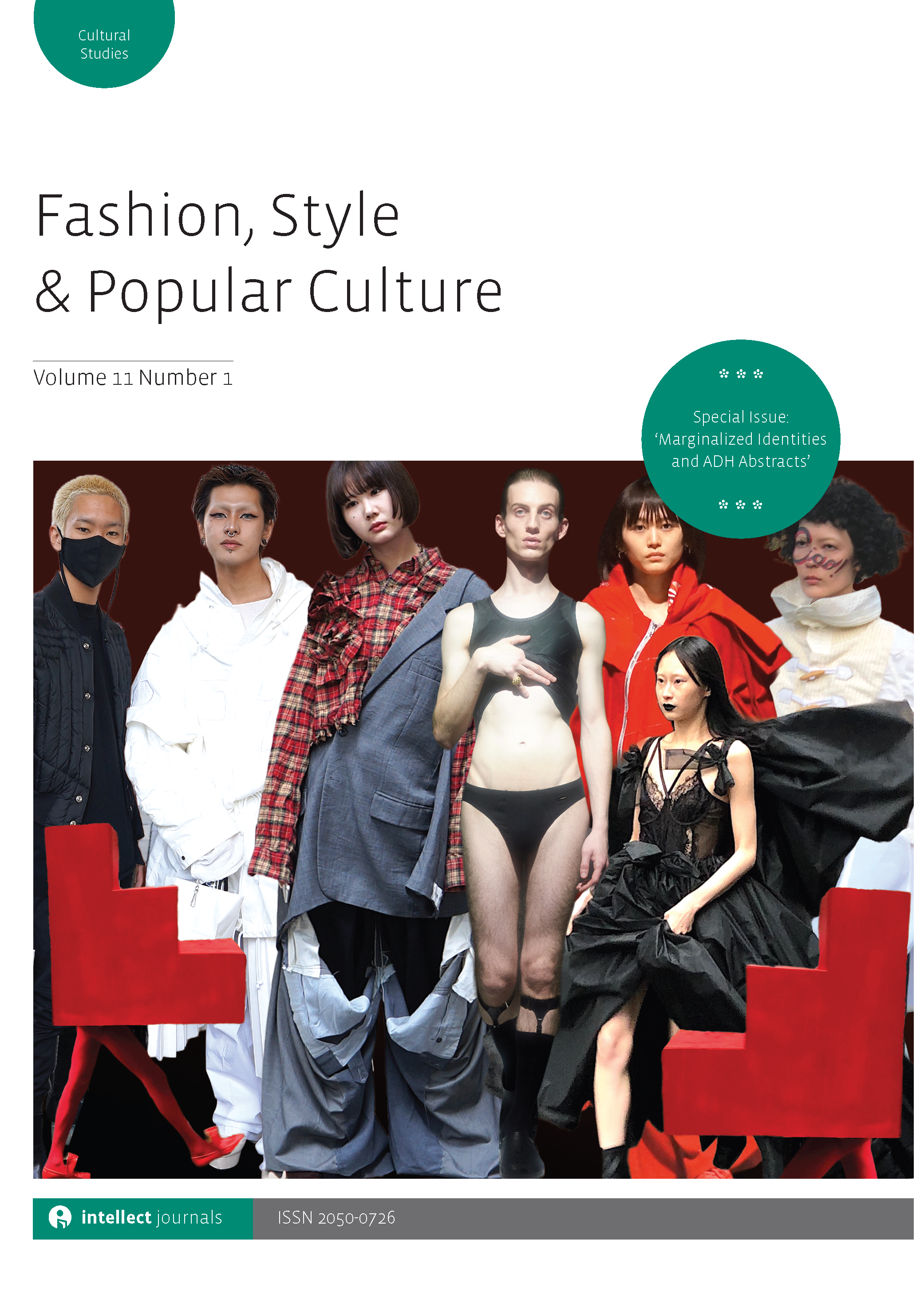
Full text loading...

 , Stephan Wallaschkowski2
, Stephan Wallaschkowski2 , Samira Iran3
, Samira Iran3
The COVID-19 pandemic, as a global crisis, has affected the clothing consumption behaviour of consumers and it might create long-lasting changes in the fashion industry. Such behavioural shifts during global crises should be considered for sustainability-related marketing concepts and the way marketers promote sustainable clothing consumption during and after the crisis. This study explores the determinants of a shift in consumer values towards minimalistic clothing consumption during the COVID-19 pandemic in the under-researched country context of Iran. First, a literature review was conducted on topics including sustainable fashion consumption and the COVID-19 pandemic, the status of sustainable fashion consumption in Iran, as well as the influence of demographic characteristics on sustainable consumption behaviour. Second, a quantitative survey was administered to a sample of Iranian consumers (N = 382). The results reveal a value shift towards more minimalism and sufficiency in clothing consumption during the COVID-19 pandemic in the country context of Iran. Moreover, the findings highlight that age and gender significantly influenced the extent of this shift in values, while surprisingly no significant value shift was found because of employment or income changes. This article makes a unique contribution by exploring the value shifts towards minimalistic clothing consumption during global crises. Furthermore, the results of the study shed some light on consumption behaviour in an under-researched middle eastern area.

Article metrics loading...

Full text loading...
References


Data & Media loading...
Publication Date:
https://doi.org/10.1386/fspc_00209_1 Published content will be available immediately after check-out or when it is released in case of a pre-order. Please make sure to be logged in to see all available purchase options.